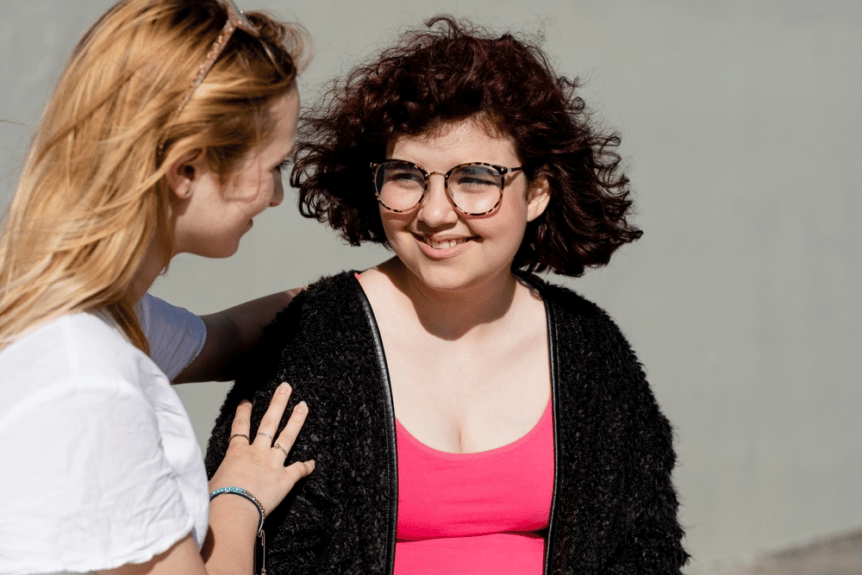Conversations about mental health and the LGBTQ2S+ community have to treat the unique and serious issues faced by members of this group respectfully.
As a member of this community, you may already recognize how mental health issues relate to discrimination and a continuing fight for acceptance.
If you’re struggling with issues related to acceptance, prejudice, or uncertainty, you deserve affirming and supportive counselling. The same is true for any mental health condition, regardless of whether it’s directly influenced by your identity.
The Canadian Mental Health Association sums up the unique challenges facing the community. “Although lesbian, gay, bisexual, trans and queer identified (LGBTQ) people are as diverse as the general Canadian population in their experiences of mental health and well-being, they face higher risks for some mental health issues due to the effects of discrimination and the social determinants of health.”
What are some of these unique issues and higher risks facing LGBTQ2S+ Canadians? Let’s review some relevant statistics and learn how supportive, patient-focused counselling can help you address them.
LGBTQ2S+ Mental Health Statistics in Canada
Statistics Canada published “A statistical portrait of Canada’s diverse LGBTQ2S+ communities” in June 2021 as part of Pride Month celebrations. The federal agency shared a variety of enlightening information.
Some of this data helps to simply describe the LGBTQ2S+ community and understand the growing role it plays in Canadian society, including:
- Members of the LGBTQ2S+ community accounted for 4% of Canada’s total population, ages 15 and older, as of 2018.
- From 2006 to 2016, the number of same-sex couples in Canada grew 60.7%. In the same time period, the number of opposite-sex couples grew by only 9.6%. This may be a sign of increasing awareness and acceptance of sexual diversity.
- People ages 15 to 24 represent 30% of the LGBTQ2S+ community. This indicates a need to prioritize the mental health of LGBTQ2S+ youth.
Other statistics help us understand the many unique challenges faced by the community:
- LGBTQ2S+ Canadians are about twice as likely as Canadians outside the community (27% vs. 13%) to have experienced homelessness or housing insecurity.
- Hate crimes against the community rose 41% in 2019 from 2018.
- Community members face a higher rate of anxiety and mood disorders, at 41% versus 16% for Canadians outside the community.
Unfortunately, lack of social inclusion, fear of violence, expectation and actual rejection by family and friends, and discrimination all remain persistent issues for LGBTQ2S+ people.
In this context, accessible mental health services and counselling are crucial. They’re proven to help individuals learn to process difficult emotions and build healthy strategies to make sustainable improvements.
Remember, you don’t have to face these issues alone. Wellin5 makes it easy to access counselling from anywhere in Canada, when and where it works best for you. Our video counselling platform helps you focus on treatment instead of finding a local provider or travelling to an appointment.
Feeling like you need support? A Wellin5 counsellor is available.

